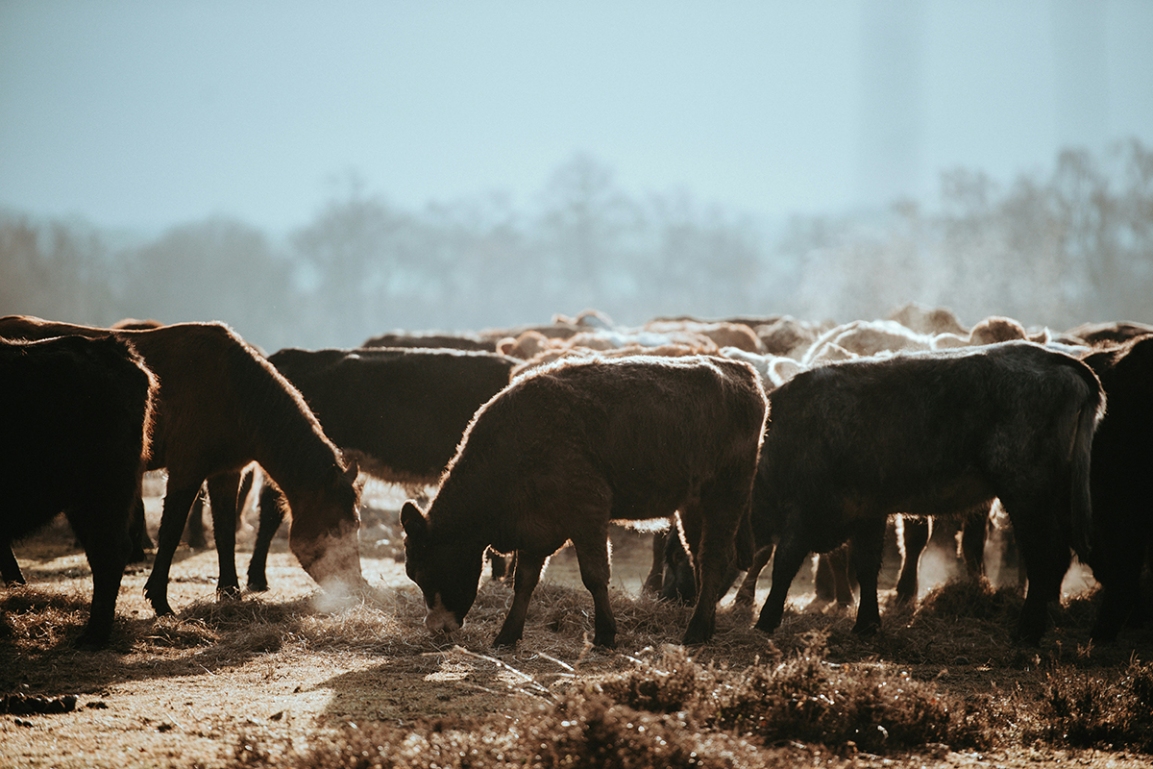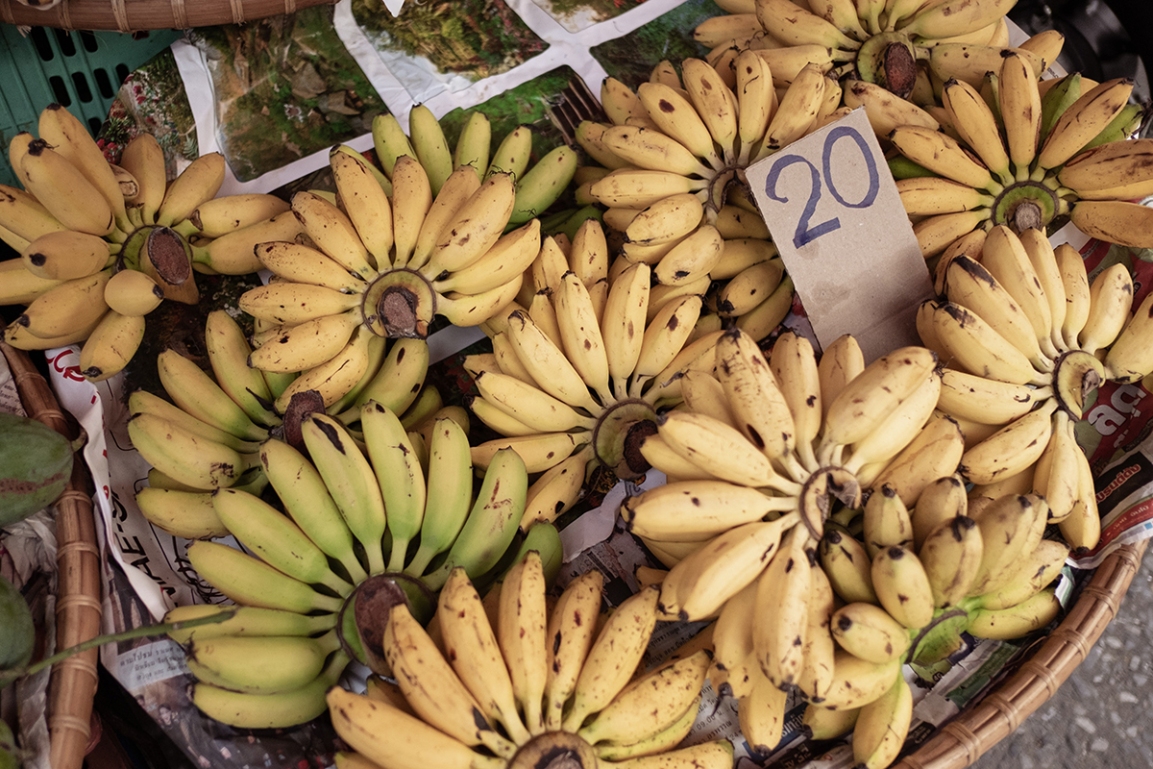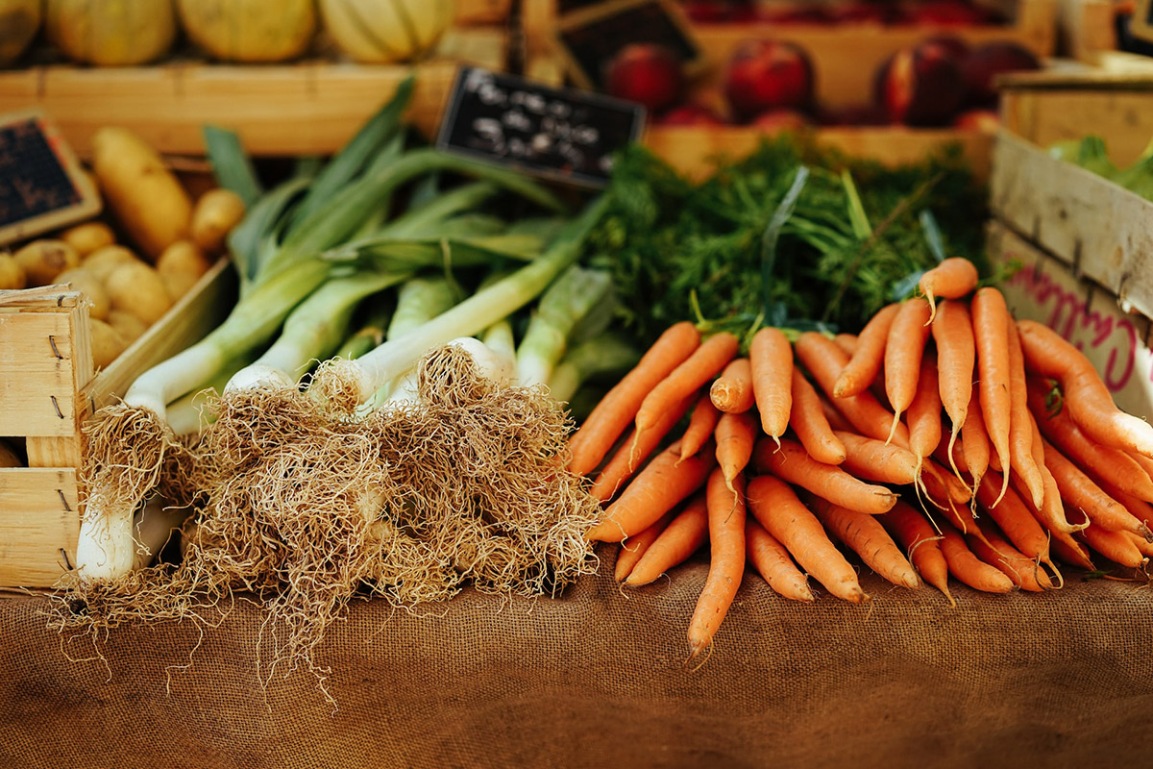As we explore the green frontier with solar cars and solar cows, a holistic approach considering the entire lifecycle of these technologies is fundamental.
New FAO Road Map: How to Eradicate Hunger Within the 1.5°C Limit (Español)
Our global roadmap is more than a guide; It is a call to action, a collective commitment to redefine and restructure the way we produce and consume food.
10 Trillion Dollars, the Hidden Costs of Our Food (Español)
For low-income countries, the hidden costs of agri-food systems represent more than a quarter of their GDP, and half of these costs are social costs due to poverty and malnutrition.
The Second Green Revolution Will Be Digitized
The rise of robotics and artificial intelligence can help meet food and climate goals by adding more precision to agriculture, thus allowing farmers to grow more and waste less.
How Automation Can Help Produce More Food With Less Resources (Español)
The solution is to produce more food with fewer resources; for this, automation offers an opportunity.
Investment in the Rural Economy Reduces Pressure to Migrate Internationally
Greater attention to rural areas holds important promise to accelerate poverty reduction, increase food security, and reduce migratory pressures.
To Achieve Human Rights, Start with Food
That fundamental right every one of us is entitled to — to be free from hunger — is at risk today like never before. We must take a human rights-based approach so as to apply human rights principles in our efforts.
Ending Hunger: A Dream or Still a Possibility?
At the 1974 World Food Congress in Rome, Henry Kissinger declared that in 10 years no child would go to bed hungry. Although his prediction did not come true, the decades that followed marked steady progress against hunger.
Ukraine’s Grain Shipments Are Not Enough to Tackle Global Hunger Crisis
Even the lifting of the blockade of Ukrainian ports will not miraculously solve a crisis that is global in scope. Instead, a structural overhaul of a system that is bloated, inefficient and hypocritical is long overdue.
Russia’s Invasion of Ukraine Should Not Cause a Hunger Crisis
The trade fallout of the Russia-Ukraine conflict would be devastating for the world’s poor for whom inflation has put even the most basic foods beyond reach.
The Food Trade Can’t Stop (Español)
In this difficult time, we should tighten health protocols in agro-industrial value chains but without curbing the mobility of food or key inputs. Otherwise, the consequences could be extremely serious.
The Hunger Crisis Nobody Is Talking About
Inflation has put even the most basic foods beyond the reach of many households. Many families spend more than half of their income on food. The higher prices are forcing them to choose between food and rent and medicine.











